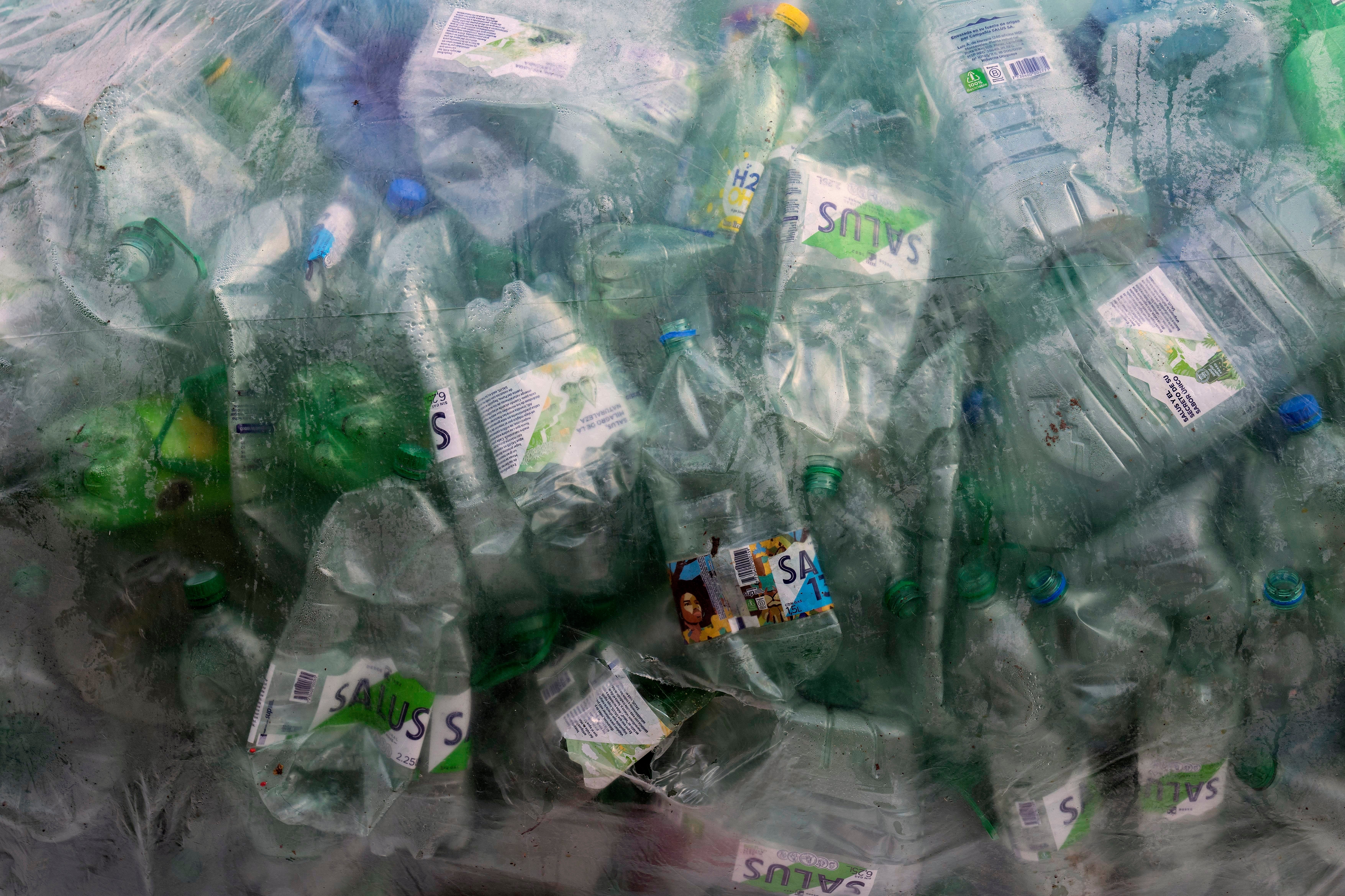Scientists discover proteins that can eat plastic
The research also identified rare and understudied bacteria that could assist in plastic biodegradation

Your support helps us to tell the story
From reproductive rights to climate change to Big Tech, The Independent is on the ground when the story is developing. Whether it's investigating the financials of Elon Musk's pro-Trump PAC or producing our latest documentary, 'The A Word', which shines a light on the American women fighting for reproductive rights, we know how important it is to parse out the facts from the messaging.
At such a critical moment in US history, we need reporters on the ground. Your donation allows us to keep sending journalists to speak to both sides of the story.
The Independent is trusted by Americans across the entire political spectrum. And unlike many other quality news outlets, we choose not to lock Americans out of our reporting and analysis with paywalls. We believe quality journalism should be available to everyone, paid for by those who can afford it.
Your support makes all the difference.Researchers have discovered proteins that are actively engaged in degrading plastic in a study being hailed as ground-breaking.
Scientists at the University of Stirling’s Faculty of Natural Sciences uncovered the crucial role of bacteria found living on plastic debris.
They found evidence that could determine the eventual degradation of plastics, which can currently take hundreds of years.
The university said the findings underscore the need for further research to determine the function of micro-organisms colonising marine plastic pollution across larger geographic areas.
The research also identified rare and understudied bacteria that could assist in plastic biodegradation, offering new insights for tackling plastic pollution.
Alongside experts at the University of Mons in Belgium, they analysed the proteins in plastic samples taken from Gullane beach in East Lothian.
The research, led by Sabine Matallana-Surget, took a unique approach by analysing the proteins expressed by active micro-organisms.
Dr Matallana-Surget said: “Plastic pollution has reached critical levels in the marine environment, with trillions of individual plastic pieces estimated to be distributed throughout the world’s oceans.
“This plastic causes significant ecological and socioeconomic disruption as it accumulates in oceanic gyres, coastal habitats, and is ingested by fish, sea birds, and marine mammals.
“Micro-organisms rapidly colonise the surface of plastic pollution when it enters the environment, and their complex ecological interactions can shape the fate of plastic in marine systems.
“Understanding the function and ecology of micro-organisms colonising plastic pollution is therefore vital to adequately assess the risks of marine plastic pollution and to pave the way for biodiscovery beyond plastic biodegradation.
“Our study addresses a critical gap in our understanding of the ecological roles of the micro-organisms colonising marine plastic pollution.
“Few studies have determined which metabolic pathways are expressed by these micro-organisms, especially within colder climates.
“Our approach used state-of-the-art comparative metaproteomics and multi-omics to resolve not only which micro-organisms were present on marine plastic pollution, but also which micro-organisms were active.
“This is important because some micro-organisms colonising plastic pollution are known to degrade hydrocarbons and other pollutants.”